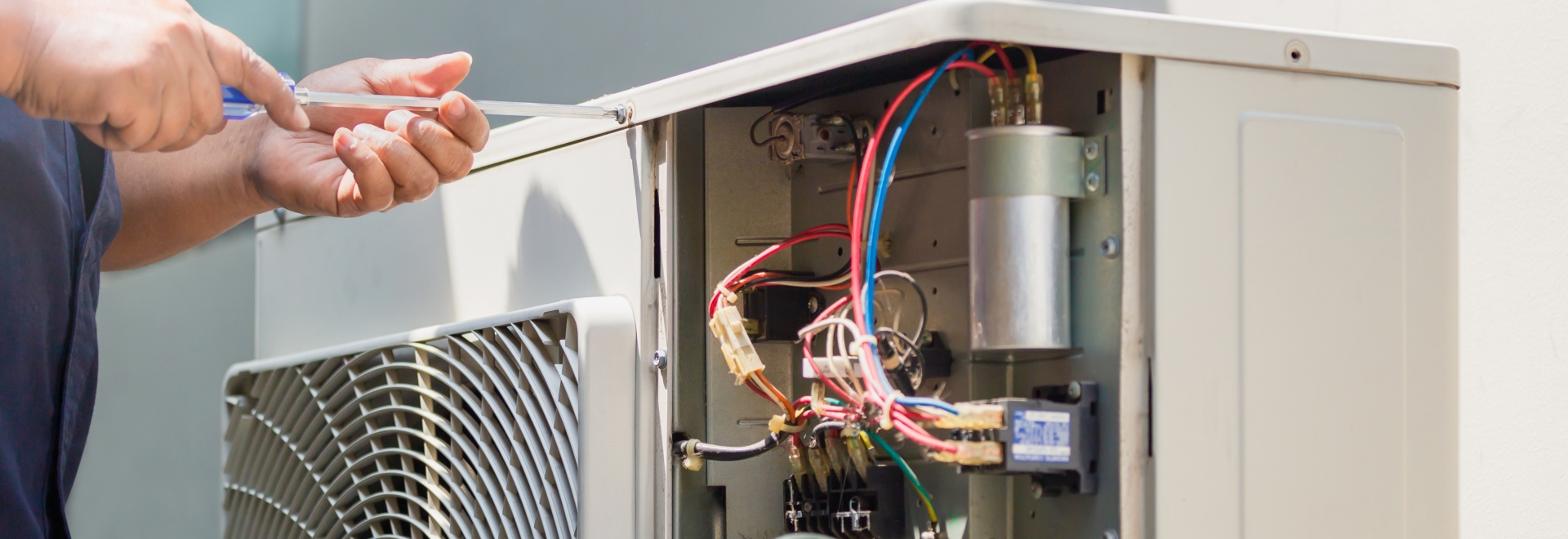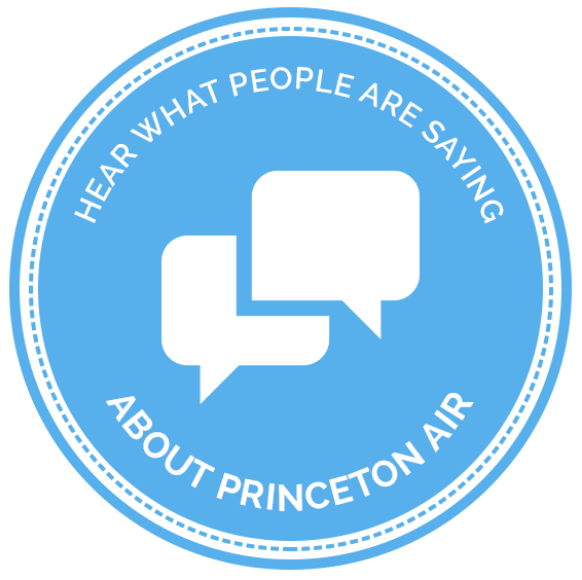
No heating and cooling system will last forever. As a homeowner, you know you’ll eventually have to replace your central New Jersey or southeastern Pennsylvania home's heating and cooling. But how long do these systems typically last? And when is the right time to consider a replacement? Dive into this blog to discover the lifespan of various HVAC systems and signs that they might need a replacement.
Signs Your HVAC System Needs to Be Replaced
- Older than 10 years: While many HVAC systems can last beyond a decade, their efficiency will start to decline, driving up energy costs. Also, older systems often need more frequent repairs.
- Frequent breakdowns or repairs: If you're constantly calling for HVAC cleaning or repair services (like several times in one year), it might be more economical to consider a full replacement.
- Costly repairs: When the expense of any one repair is more than 50% of the cost to replace the entire unit, it's generally smarter to schedule HVAC installation.
- Comfort issues: Older systems can struggle to deliver enough conditioned air to keep your home as comfortable as you’d like. Newer systems installed by a knowledgeable HVAC technician will deliver whole home comfort, year-round.
- Rising energy bills: If your bills are increasing without a change in usage patterns, decreased system efficiency from an older unit could be the culprit. In any case, newer systems are almost certainly more efficient as they were built with more advanced technology, which will save you money.
The Average Lifespans of Different HVAC Systems
Many homeowners ask us, "How long do AC units last?" or "How long does a furnace last?" Let's break it down by type of system:
Furnaces
A well-maintained furnace can serve you for about 15 to 20 years. However, how long furnaces last depends on their make, model, and how well they are maintained (Princeton Air offers several maintenance club memberships options to help keep whatever heating and cooling system you have operating as efficiently as possible, while also extending the lifespan of your equipment).
Air Conditioners, Ducted Heat Pumps, Ductless Mini-Splits
Generally, air conditioners and air source heat pumps have a lifespan of 10 to 15 years. Like furnaces, the best way to get more life out of your unit is to schedule regular maintenance with an HVAC expert!
Geothermal
Among the most durable heating and cooling systems available, geothermal heat pump systems can last as much as 30 years for the internal components and up to 50 years for the ground loop.
Save More on New HVAC Installation with Tax Credits, Rebates, and Financing from Princeton Air
Buying a new heating and cooling system is likely one of the most significant expenses you’ll make as homeowners. But Princeton Air can help make HVAC installation more affordable by walking you through available incentives, including:
- Federal tax credits: Claim up to $2,000 for heat pump installation or $600 for high efficiency AC or furnaces.
- Local utility rebates: Depending on where you live, there are utility rebates that can also substantially lower installation costs, and can be combined with the above tax credits to maximize your savings! Princeton Air can help you navigate available rebates.
- Financing options: We can help you take advantage of 0% on-bill repayment (OBR) through your utility.
Thinking about upgrading your heating and cooling? At Princeton Air, we’re your local HVAC experts! Our NATE-certified technicians can help you determine whether to repair or replace, and help you choose a new system that fits your budget, qualifies for tax credits and rebates, will be correctly sized for your home, and expertly installed.
